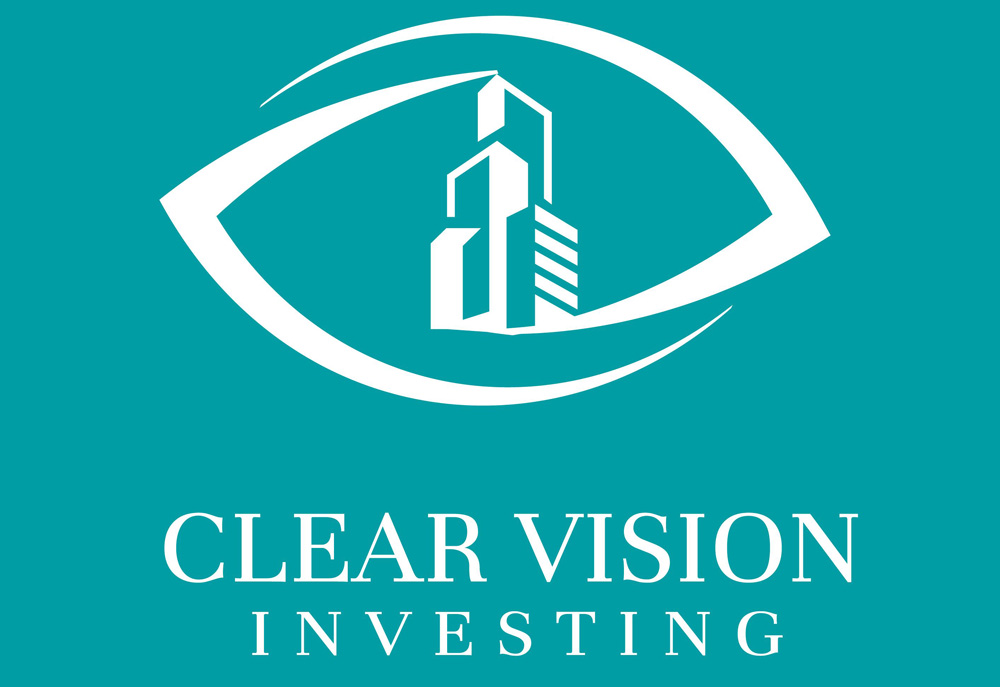How to Qualify as an Accredited Investor (and Why It Matters)
I first stumbled upon the term “accredited investor” when I was looking to get into commercial real estate. I was intrigued, and having put alot of money, sweat and tears into earning titles like “M.D.” and “Board-certified ophthalmologist,” I naturally thought I had to go through another few years of school, take some board exams, or pay annual fees to get this coveted “accredited investor” status.
Well, turns out I had to do none of that. To be an accredited investor, you don’t need to study like you did for the USMLE or specialty board exams, you don’t need to pay dues to a professional society, and you don’t get another certificate to hang up in your office. What? A title without doing anything? Yup.
What is an accredited investor?
So, how do you qualify as an accredited investor? You simply have to meet one of the following criteria:
*Made at least $200,000 annual income (or $300,000 for a married couple) for the last two years, and you expect to earn the same or higher income this year; OR
*Have a net worth of at least $1 million (individually or jointly with spouse), not including the value your primary home.
That’s it. If you meet the qualification noted above, you’re an accredited investor.
(Side note: Last year the SEC amended the definition of accredited investor to include financial professionals with the series 7, Series 65, and Series 82 licenses as qualifying natural persons. This doesn’t apply to most of us as doctors. Most physicians qualify based on the income or net worth requirement).
Why does it matter if I’m an accredited investor?
Many passive real estate investment opportunities are open to accredited investors only (these are called 506c offerings, which allow syndicators to market their deals publicly). There are some deals that take non-accredited, sophisticated investors (i.e. investors who have knowledge and experience about real estate investing), but accredited investors have more investment options than non-accredited investors.
As an accredited investor, the Securities and Exchange Commission (SEC) doesn’t worry about you, and sees you as someone who has the financial know-how, resources and risk tolerance for investing.
What if I am not an accredited investor?
If you’re not accredited, you can still participate in syndications if you’re a “sophisticated” investor. The SEC law defines a sophisticated investor as someone with sufficient knowledge and experience in financial and business matters to evaluate the merits and risks of a prospective investment.
The SEC limits each deal (called a 506b offering) to a maximum of 35 sophisticated (non-accredited) investors. With 506b offerings, syndicators cannot advertise investment opportunities and the law requires syndicators to have pre-existing relationships with sophisticated investors. Thus, as a non-accredited investor, networking and building relationships with syndicators is key to gaining access to these passive investments.
Verification of Accredited Status
The SEC requires “reasonable efforts” to verify the the status of an accredited investor.
There are four main ways to verify accredited investors:
- An individual is a director, executive officer or general partner of a company.
- Written letter from a registered broker, investment advisor, CPA, or attorney.
- Prove income exceeds the required amount with tax filings or pay stubs.
- Prove net worth exceeds required amount with credit reports, liabilities and assets.
Summary
Being an accredited investor opens up more investment options you otherwise wouldn’t have access to, but a non-accredited investor still has access to various investment opportunities.
Have you heard of the term “accredited investor” before? What do you think about having separate classifications for accredited vs. non-accredited investors? Fair or unfair?

